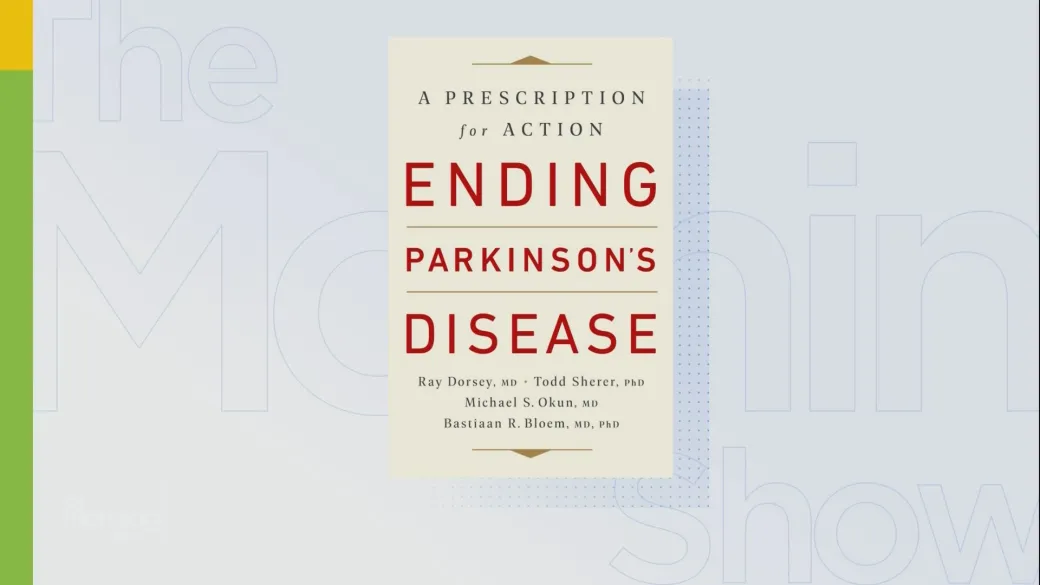Environmental factors like prolonged stress, chronic inflammation and toxic exposure could play a key role in triggering Parkinson’s disease, even in people without genetic risk, a Canadian study has found.

A team from McGill University in Montreal published a paper last month in Nature Neuroscience that may have uncovered a new link between the immune system and the development of Parkinson’s disease.
The researchers discovered that an immune response plays a crucial role in forming toxic protein clumps, known as Lewy bodies, within brain cells, contributing to the disease’s progression.
“Our findings suggest anyone can develop Parkinson’s if exposed to the right environment, and so a genetic predisposition to disease may not be necessary,” said senior author Peter McPherson, professor of Neurology and Neurosurgery and Anatomy and Cell Biology at Montreal Neurological Institute-Hospital.
“This marks a significant step forward to understanding key aspects of Parkinson’s and other neurological diseases,” he said in a Friday media release.
Parkinson’s disease is a progressive neurological disorder that affects movement, often causing tremors, stiffness and difficulty with balance and coordination. It is also the fastest-growing neurological condition worldwide, and that is likely due to an aging population as well as better tools to diagnose disease, explained Angelica Asis, vice-president of research at Parkinson Canada.

More than 100,000 Canadians live with Parkinson’s and 30 more are diagnosed every day. As the population ages, the incidence of Parkinson’s is expected to rise, and by 2034, it is projected that 150,048 Canadians will have Parkinson’s, she added.
The disease happens when certain brain cells, called dopamine-producing neurons, start to become damaged and die. These cells are crucial for smooth movement and coordination and when they’re lost, it leads to shaking, stiffness and difficulty moving, which are common symptoms of Parkinson’s.
The exact reason behind this is still not known, but researchers believe it’s a combination of genetic and environmental factors, such as pesticides, air pollution and industrial chemicals.
There is currently no cure, but there is a treatment available, known as dopamine replacement therapy. However, Asis said there is no therapy approved to slow or stop the neurodegenerative process.
That’s why the McGill University researchers hope their findings will help pave the way for future treatments.

Lewy bodies are abnormal protein clumps found in the brains of people with Parkinson’s disease. Until now, however, they could only be studied in human neurons after death, limiting researchers’ ability to fully understand their role in the disease, the study said.
For the first time, the researchers were able to create lab-grown Lewy bodies in human neurons derived from stem cells. They discovered that a combination of a-synuclein and immune activation was crucial for their formation, specifically targeting dopamine-producing neurons (the brain cells affected in Parkinson’s).
This suggests factors that trigger the immune system, such as chronic inflammation, exposure to toxins or prolonged stress may not only correlate with Parkinson’s, as previous research has found, but drive its development, the researchers said.
Asis stated that exploring the link between inflammation and the development of Parkinson’s is an important piece of the larger puzzle surrounding the many unknowns of the disease.
“Inflammation is under-studied and not very well understood in terms of the role it plays with neurological conditions such as Parkinson’s,” she said.
“But now they’re starting to see some inflammatory related cells that are part of that pathway and they’re driving some of these disease processes. So if one individual is experiencing ongoing or increased inflammation and they develop Parkinson’s, it’s thought that that inflammatory process could have a really important and not very well understood role.”

The researchers also discovered that Lewy bodies contain additional cell parts. This new insight into what they’re made of, along with the ability to study their formation in real time, could give drug developers new targets for slowing the progression of Parkinson’s disease, the researchers added.
“The results support previous research showing that an immune response plays an important role in Parkinson’s development,” Armin Bayati, a PhD candidate in McPherson’s lab and the study’s first author, said in the media release.
“Future studies should focus on understanding how inflammation caused by an overexcited immune system causes Lewy body formation when coupled with α-synuclein.”
Heart health is crucial for overall well-being. Learn how to keep your heart healthy with these simple lifestyle changes, expert tips, and the latest medical advancements.